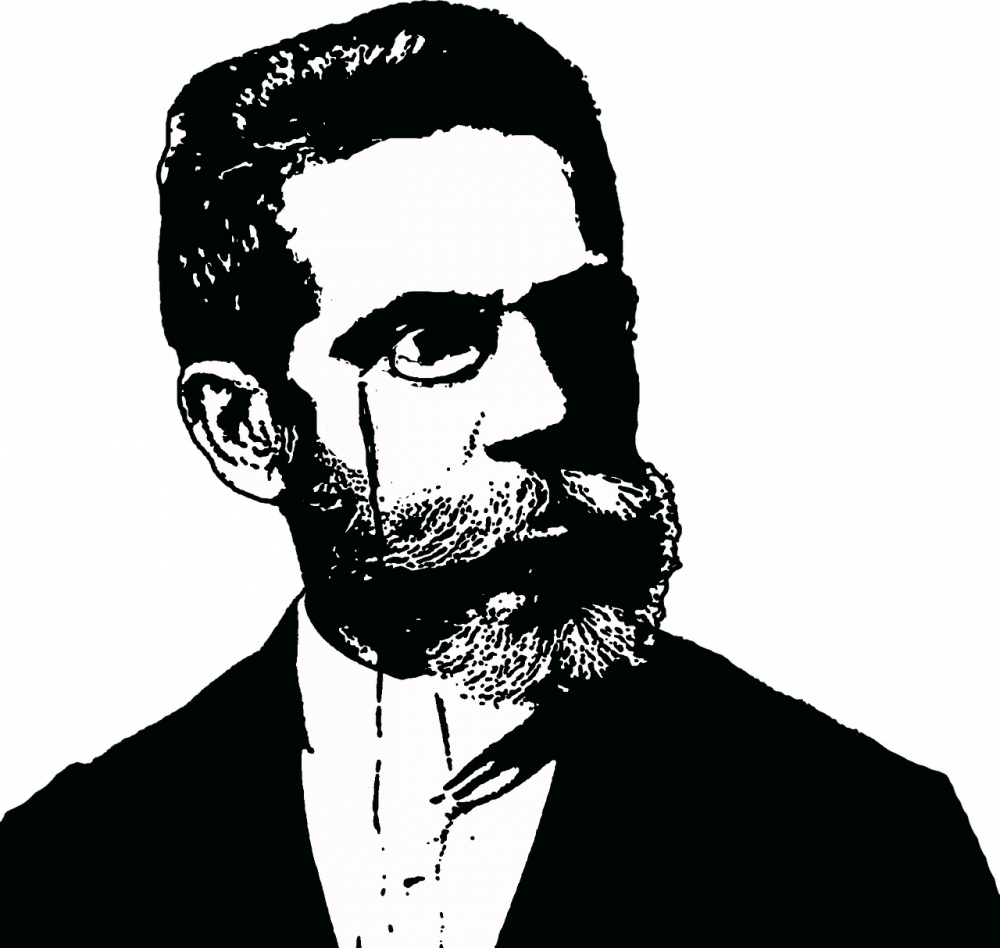George Orwell Books: A Deep Dive into the Literary World of a Political Prophet

Introduction:
George Orwell, born Eric Blair, was a renowned British author who left an indelible mark on the literary world with his thought-provoking and politically charged novels. His works, which exhibit an astute understanding of power dynamics and totalitarian regimes, continue to resonate with readers across generations. In this article, we will explore the significance of George Orwell’s books, delve into their historical development, and shed light on why they maintain their relevance today.
A Historical Journey through Orwell’s Books:

1. Animal Farm: A Satirical Allegory
– Animal Farm, published in 1945, is Orwell’s biting critique of the Soviet Union under Joseph Stalin’s rule.
– The novel effectively employs allegory, presenting the animals on Manor Farm as symbols of different factions and individuals within Russian society.
– Through this allegory, Orwell exposes the corruption and manipulation inherent in totalitarian regimes.
– Key themes: power, corruption, betrayal, and the potential for revolts to be co-opted by new oppressors.
2. Nineteen Eighty-Four: A Dystopian Masterpiece
– Published in 1949, Nineteen Eighty-Four presents a chilling vision of a future dystopian society ruled by an all-seeing and oppressive regime known as Big Brother.
– The novel coined terms such as “Big Brother” and “thoughtcrime,” which have now become part of the lexicon of political discourse.
– Orwell’s prophetic portrayal of the erosion of privacy and individual freedom in the face of totalitarianism remains eerily relevant in today’s digital age.
– Key themes: surveillance, propaganda, conformity, and the manipulation of language.
3. Homage to Catalonia: A Personal Account
– Homage to Catalonia is Orwell’s non-fictional memoir, recounting his experiences during the Spanish Civil War.
– Published in 1938, this book provides a firsthand account of Orwell’s time fighting against fascist forces in Spain.
– Orwell’s disillusionment with the actions of the Stalinist Communists had a profound impact on his political views, influencing his subsequent works.
– Key themes: political disillusionment, personal sacrifice, and the complexities of ideological conflicts.
4. Down and Out in Paris and London: A Glimpse into Poverty
– Down and Out in Paris and London, published in 1933, draws from Orwell’s personal experiences of living in poverty in both cities.
– The book explores the harsh realities faced by the working class, exposing the dehumanizing effects of poverty and the indifference of society towards those suffering.
– Orwell’s immersive storytelling provides readers with a vivid understanding of the plight of the poor.
– Key themes: poverty, inequality, social class, and the resilience of the human spirit.
George Orwell’s Enduring Influence:
Orwell’s works have transcended their historical context and continue to resonate with readers today. Their enduring relevance lies in their ability to shed light on universal themes and warn against the dangers of unchecked power. By challenging societal norms and questioning authority, Orwell invites readers to reflect critically on the world around them.
With their thought-provoking narratives and incisive social commentary, Orwell’s books have sparked countless discussions and debates on topics such as political systems, surveillance, and the nature of truth. His works inspire readers to question the status quo and remain vigilant in safeguarding individual freedoms.
In conclusion, George Orwell’s books hold a crucial place in the literary canon, offering a poignant reflection on the complexities of power and the human condition. Whether it be through the allegorical tale of Animal Farm or the dystopian nightmare of Nineteen Eighty-Four, Orwell’s writings are powerful tools for understanding and critiquing the world we live in. As his words continue to echo across time, George Orwell’s legacy as a political prophet remains firmly intact, urging us to remain vigilant in the face of oppressive forces.





